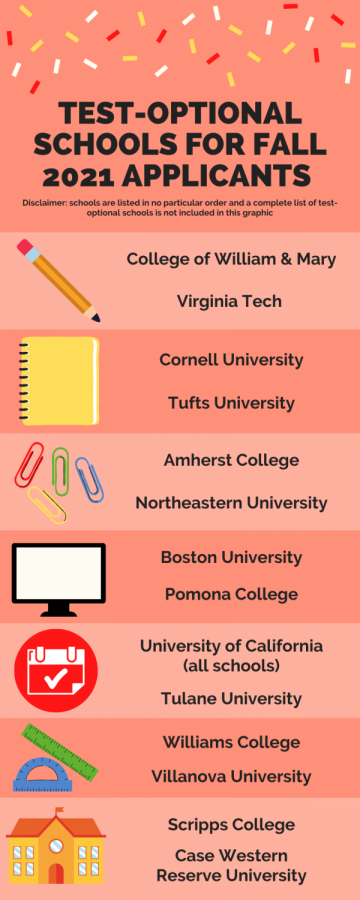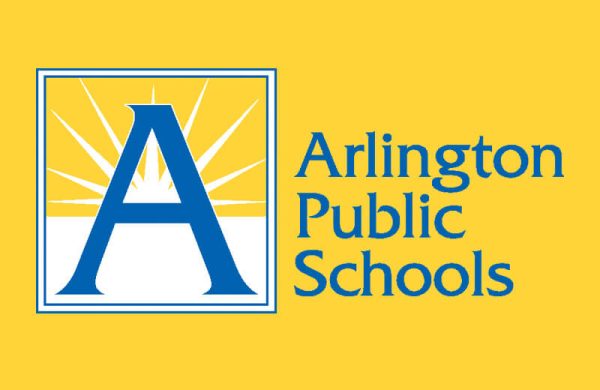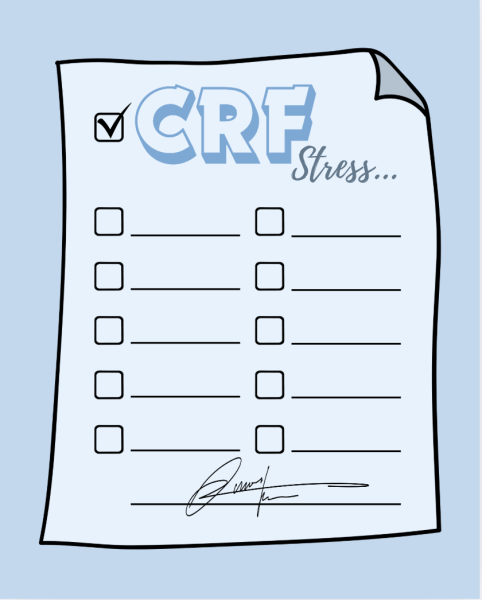COVID-19’s impact on rising seniors
In the midst of the COVID-19 pandemic, there have been many questions surrounding the college application process and what is in store for juniors. Students have been learning online for more than a month now, and many have mixed opinions on the process. In general, students felt as if they had a good grip on managing their online schoolwork. However, some were concerned regarding their Grade Point Averages (GPAs) due to the fact that the fourth quarter is ungraded.
“I feel like it’s a general trend that everyone does worse [in] the first couple of quarters, which is definitely true for me,” junior Noah Portner said. “I even talked to my math teacher Mrs. [Karen] Bui before we left, and she was like, ‘Yeah, [in] the fourth quarter we have some extra credit assignments after the AP test.’ So, because we’re missing that, it’s sort of a bummer.”
Portner is not alone in his concerns, especially because first and second quarters may be more heavily weighted when calculating students’ final grades, which will later be seen by college admissions officers. Due to the pandemic, Arlington Public Schools (APS) has defaulted to a system of grading in which final grades will be calculated based on quarters one through three. Students are also given the opportunity to bring their grades up by one letter in the fourth quarter by completing assignments related to content from the first three quarters.
In general, a student’s GPA and standardized test scores play a significant role in their college applications and admissions process. Many students create a list of schools that they want to apply to based on these numbers. However, the cancelation of the SAT and ACT exams through May and June has left many students in a limbo.
“[My greatest challenge is that] I can’t take the SAT and I don’t know when I’m going to be able to,” junior Cassie Smith said. “I can’t figure out a studying plan for that.”
The cancelation of these tests is a major topic of concern because some students prefer to apply as early as possible to their top college, meaning that they need to have their SAT or ACT test completed within the first few months of starting school. Applying early decision, a contract that binds you to a school if you are admitted, comes with its major advantages: some highly selective schools admit nearly 50 percent of their freshman class through early decision. If a student has not taken their SAT or ACT, it could mean that they are unable to apply early to their top schools, or they are unable to retake their test for a higher score.
“I have definitely [been thinking about applying early decision] to Oklahoma City [University],” junior Hudson James Esch said. “[Its] dance and musical theater programs [are] highly ranked — typically top ten for both lists. I’m hoping to take [my] SAT in August if possible, but [COVID-19] has definitely increased [my] stress for getting tests done.”
To combat the issue of the canceled SAT and ACT tests, a number of colleges and universities have waived the requirement for students planning to enroll in fall 2021. A comprehensive list of schools that have elected to go test-optional can be found on Fairtest.org, and the list includes extremely selective schools such as Amherst College and Pomona College. Some schools, such as Tufts University and all of the schools in the University of California system, have decided to go test-optional for three years and will reconsider testing policies after that. Many students responded positively to these changes, noting that the new policies helped them feel less stressed about their application process.
“I think it’s great that kids who are stuck in the same boat as me are getting opportunities to still apply to schools that they want to apply to without having to worry about getting an SAT or ACT [score] if [the tests] happen to be canceled, because honestly, we should not be penalized for that,” James Esch said. “We have no control over what’s going on right now.”
As for other standardized tests, International Baccalaureate (IB) exams have been canceled this spring, while Advanced Placement (AP) exams will be administered electronically so that students can take their exams at homes. Each AP exam will be 45 minutes long and includes only short-answer questions. The College Board has also brought up the possibility that if high schools do not open in the fall, there will be a way for students to take the SAT at home. However, some students are unsure that the tests can be administered fairly.
“What if [someone’s] house is blistering hot and it’s the day of the AP exam?” junior Caden Henreich said. “They can’t focus [and that could possibly] affect their test scores. It’s a challenge that no one really has a good answer to yet, in my opinion. I don’t think you can do a standardized test without having a standardized environment to take the test in.”
Other issues at hand include athletic recruiting and cancelations of extracurricular activities. Extracurriculars are often a focal point of a student’s college application because they offer insight to the student’s hobbies, leadership opportunities and talents. They showcase parts of the student that statistics are not able to do, which makes college admissions incredibly difficult when all extracurriculars have been canceled. Many students wonder how college admissions officers will be able to gauge an accurate representation of each applicant.
“I think in [college] admissions at the end of the day, [they’re] looking for the person who belongs at [their] school, [but] there is no quantitative way to measure a person,” junior Aaron Ky-Riesenbach said.
Athletic recruiting has also been a topic of discussion. The NCAA has decided to extend their dead period to May 31, which heavily impacts Division I and Division II athletic departments. The decision was made in the hopes of reducing the spread of COVID-19. During a dead period, college coaches cannot meet with players or their families in person, visit students’ high schools, or watch students compete. Coaches are allowed to reach out electronically, however. Although getting recruited at competitions has not been feasible, some student athletes have expressed that they are glad to have more time on their hands to virtually communicate with coaches.
“Typically, the spring would be my time to go and visit all the schools, meet the teams, meet the coaches, go out for practices with them, and I definitely can’t do that anymore,” Ky-Riesenbach said. “[Now], I’ve been reaching out to as many coaches as I can [and] that I’m interested in and trying to tell them a little bit more about what I’m doing for my team during this time when we’re at home, as opposed to what I’d be doing during the spring.”
Like Ky-Riesenbach, other students cite not being able to tour colleges and universities as one of their main struggles. There are a number of schools that offer virtual tours on Youvisit.com and there is no shortage of content on YouTube. However, many students agreed that they would prefer an in-person visit to the schools they are planning to apply to.
“I think [the virtual tours] are a great resource, especially if you’re planning on applying early decision,” James Esch said. “[However], you’re definitely not going to get the vibe, per say, of the place or the people there. Obviously through a video camera and pictures, you’re not going to be able to see the campus very well [either], so that’s kind of a disadvantage, but it is better than nothing.”
These are uncertain times and information changes rapidly. Several colleges and universities have started to lay out a plan in case they must continue with virtual learning by the time the fall semester starts. This year, students and admissions officers are acutely aware that college admissions will not look anything like they ever have before. A number of students have stated that it is important to stay informed and to take everything in stride, along with staying safe in the meantime.
“Everyone’s doing a good job of hanging in there,” Portner said. “I don’t think anyone should worry too much because everyone is going through this throughout the country. [This is] affecting everyone equally, so just keep [up the good work].”













